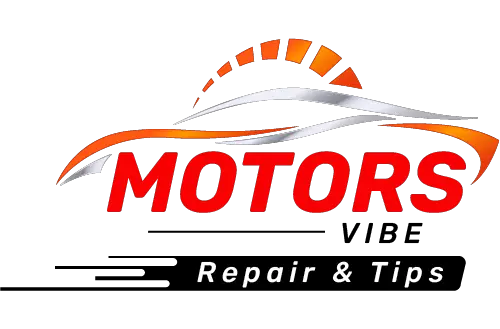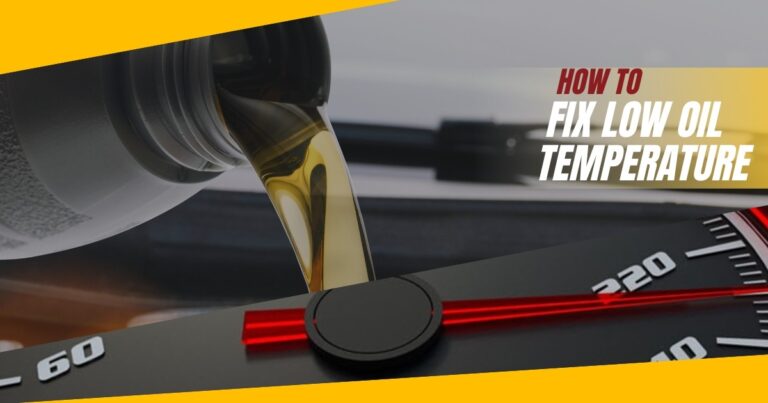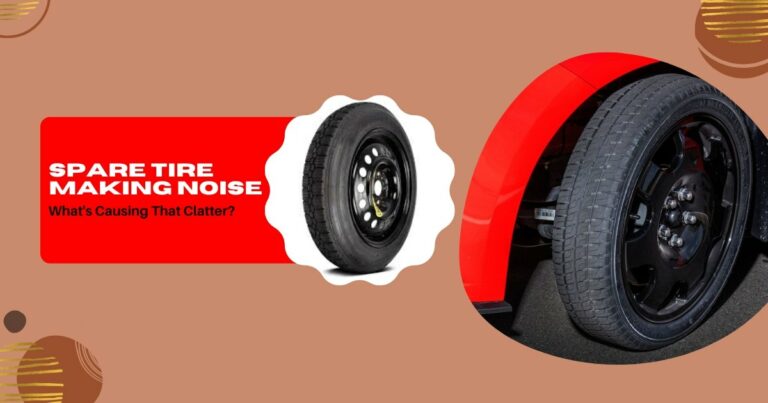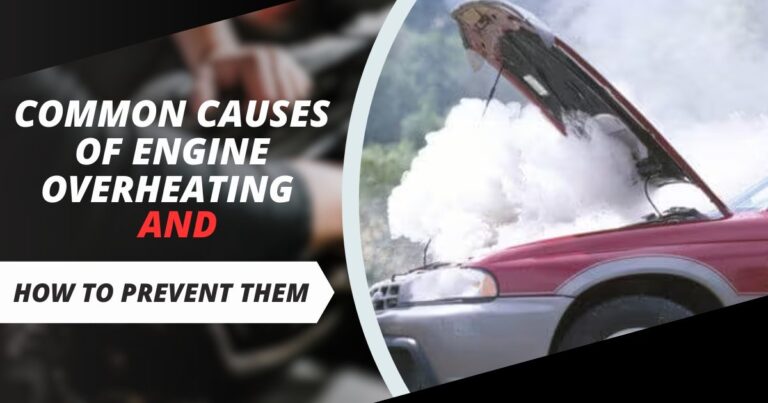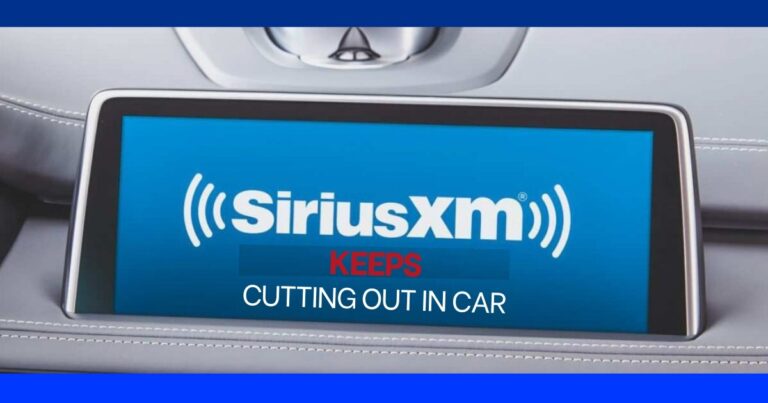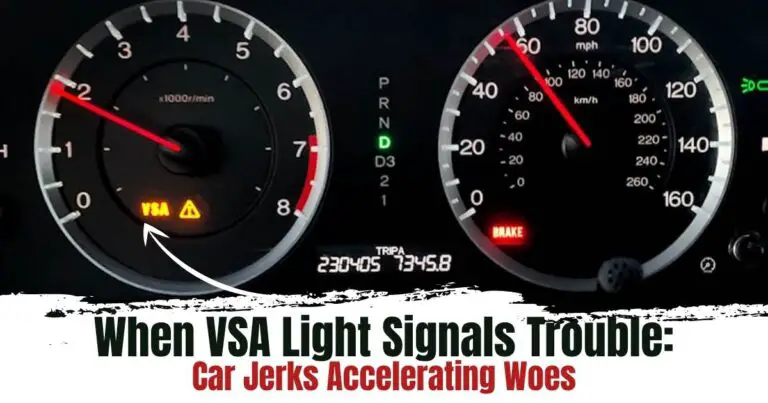Why Does My Car AC Turn Off When I Accelerate? The Facts
The convenience and comfort of a functional car air conditioning system are paramount, especially during scorching summer months or long drives. Acceleration often leads to an influx of warmer air through open windows or the engine’s heat. The AC system counteracts this by rapidly cooling the interior, ensuring that both the driver and passengers remain comfortable, focused, and alert.
However, it can be frustrating when the car’s AC turns off when accelerating. This occurrence is often a head-scratcher that many drivers face, and it can disrupt the overall driving experience and create discomfort. Let’s get to the bottom of why your car’s AC cuts off when accelerating.
Common Reasons Why AC Turns Off When Accelerating
Your car’s AC turning off or experiencing a momentary interruption when you accelerate can be attributed to a combination of factors related to the intricate interplay between the engine’s power demands and the electrical systems. Here are some key reasons why AC cuts out when accelerating;
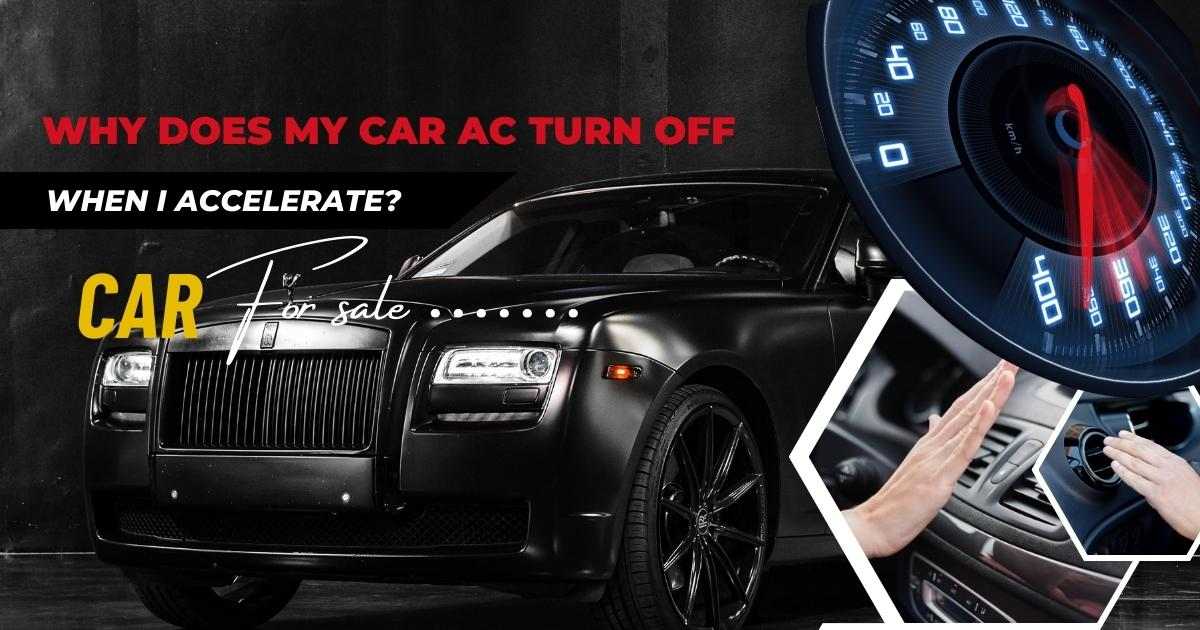
Increased Engine Load
When you accelerate, the engine requires more power to overcome the increased load. This power demand causes the engine to draw more energy from the alternator, which can, in turn, lead to a temporary drop in available electrical power.
As a result, some non-essential systems, such as the AC compressor, might temporarily disengage to allocate more power to the engine. This helps the engine perform at its best, even if it means a momentary pause in cooling the air. Once you ease off the accelerator, things return to normal, and the AC gets back to cooling your car.
Belt Slippage
The AC compressor is driven by a belt connected to the engine’s crankshaft. When you accelerate suddenly, the engine’s RPM increases rapidly. If the belt tension is not sufficient or the belt is worn, it might slip on the pulley, causing the AC compressor to disengage momentarily. This slip can briefly pause the AC compressor’s work, but once things steady down, the belt catches up, and the AC starts working again.
Reduced Vacuum Pressure
The AC system relies on engine vacuum pressure to work properly. When you accelerate, the engine often demands more air, which can cause a temporary drop in vacuum pressure. This can interrupt the AC’s control, leading to a momentary pause in its cooling operation. When you release the gas pedal, vacuum pressure stabilizes, and the AC resumes its cooling function. This is often a quick interruption due to changes in the engine’s air needs during acceleration.
Engine Protection
The engine protection mechanism is another reason that can lead to the AC cutting off or experiencing interruptions when you accelerate. This mechanism is designed to prioritize the engine’s performance and prevent potential damage or overheating. The quick interruption helps the engine get the power it needs to manage the tough situation without getting too hot. Once the engine is back to its comfort zone, the AC gets the green light to start cooling again.
Electrical Issues
Electrical issues can also cause the AC to cut off or temporarily stop working when you accelerate. For instance, faulty wiring, loose connections, or malfunctioning electrical components can disrupt the power supply that the AC system needs to function properly. When the power supply is compromised, it can lead to the AC system shutting down or experiencing interruptions in its operation, particularly during moments of increased electrical demand.
Signs of AC Shutting Down During Acceleration
- Decreased airflow- The first symptom you are likely to notice is a decrease in airflow from the vents when you accelerate. This is often a sign of a problem with the blower motor or a restriction in the air ducts.
- Warm air- If the air blowing from the vents turns warm or hot when you accelerate, it could be a sign that the AC compressor is not functioning properly. The compressor is responsible for cooling the air, and any issues with it could lead to warm air being blown into the cabin.
- Unusual noises- Unusual noises like rattling, grinding, or squealing coming from the engine compartment when you accelerate could also be a sign of AC compressor issues. A failing compressor might make these noises due to internal damage or a failing clutch.
- AC light changes- If your vehicle has an indicator light on the AC control panel, you might notice it flickering or dimming when you accelerate. This could indicate a voltage or electrical issue that’s affecting the AC system.
- Engine strain- If your engine appears to struggle or strain noticeably when you accelerate, it could indirectly affect the AC system. Some vehicles have a compressor clutch that’s engaged via the engine’s serpentine belt. If the belt is slipping or the engine is struggling, it might affect the compressor’s performance.
- Fluctuating temperatures- You might notice that the AC performance varies depending on whether you’re accelerating or driving at a constant speed. This could indicate an issue with the AC system’s pressure regulation, such as a faulty expansion valve.
- Unusual smells- A sudden increase in unpleasant odors or smells when you accelerate could indicate a problem with the AC system. In most cases, mold or mildew growth in the evaporator core might produce foul smells.
How to Prevent AC Cutting Off When Accelerating
As we mentioned earlier, occasional interruptions in the AC’s operation during acceleration can be a normal response to factors like engine load, vacuum pressure changes, or engine protection mechanisms. However, implementing preventive measures can help alleviate the situation and enhance your overall driving experience.
- Maintain your vehicle- Regular maintenance, including servicing the AC system, is essential. Make sure the AC system is inspected, cleaned, and recharged as needed according to the manufacturer’s recommendations.
- Check belts and tension- Ensure that the AC compressor belt is properly tensioned and in good condition. A loose or worn-out belt can lead to belt slippage during acceleration, causing interruptions in the AC’s operation.
- Inspect vacuum system- If your vehicle uses vacuum-operated controls for the AC, have the vacuum lines and components inspected for leaks, cracks, or loose connections. A well-maintained vacuum system help ensure smooth AC operation during acceleration.
- Inspect the electrical system- Regularly inspect the electrical components related to the AC system. Check for loose connections, damaged wires, and malfunctioning switches or relays. Address any electrical issues promptly to ensure uninterrupted AC operation.
- Service the engine- Keeping your engine in good condition can indirectly help the AC system work omptimally. Regularly service your engine, address any issues related to engine performance, and ensure proper cooling system maintenance to prevent overheating.
- Drive smoothly- While hard accelerations are sometimes necessary, smooth and gradual accelerations put less strain on the engine and electrical system, reducing the likelihood of AC interruptions.
- Avoid overloading the electrical system- Minimize the use of other power-consuming components like headlights, audio systems, and rear window defrosters during hard acceleration to allocate more power to the engine and AC system.
- Use recirculation mode- Switching the AC to recirculation mode (if available) during acceleration can reduce the need to cool incoming outside air, thereby putting less strain on the AC system.
- Cooling prior to acceleration- If possible, start cooling the car a few moments before you plan to accelerate. This can help pre-cool the interior and lessen the load on the AC system during acceleration.
Conclusion
AC system’s brief interruption during acceleration is typically a result of the intricate balance between power distribution and engine performance. While it might be momentarily inconvenient, this behavior is often designed to optimize the overall functionality and safety of your vehicle. If you find that your AC turns off when accelerating consistently or doesn’t work as expected, it’s advisable to take appropriate measures to ensure there are no underlying issues with your car’s electrical or cooling systems.
